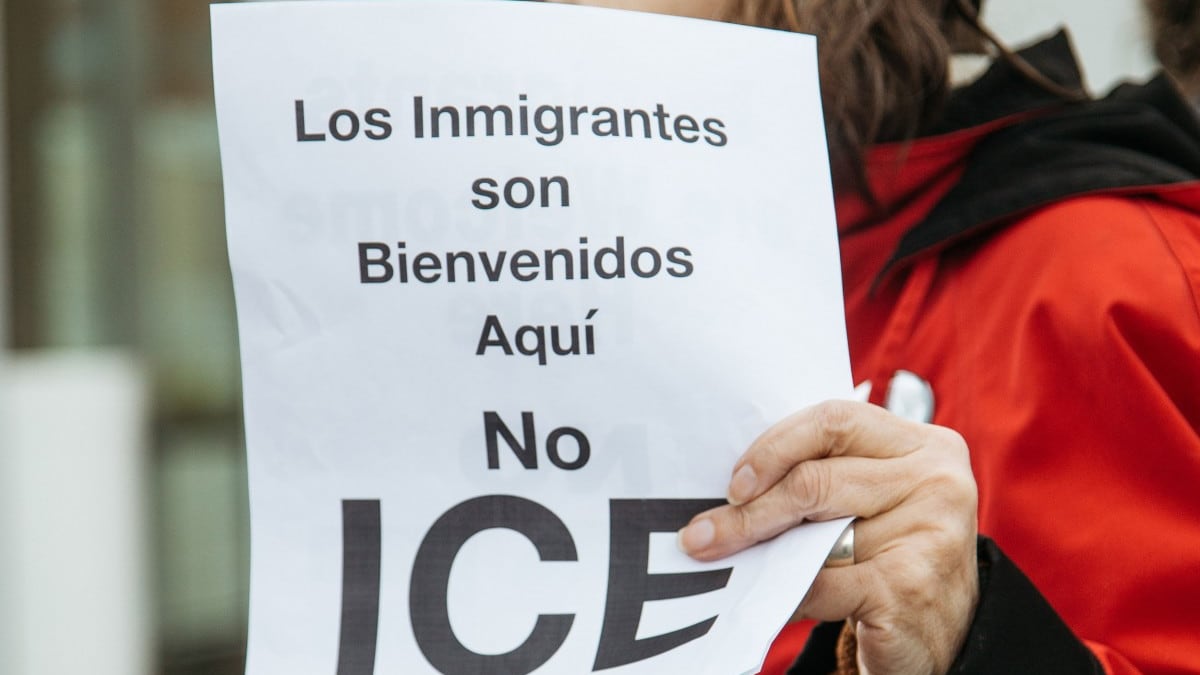ICE Inmates Refuse Meals in Tacoma
On April 10, approximately 100 inmates refused their lunch at the U.S. Immigration and Customs Enforcement prison in Tacoma, Wash., commencing the second hunger strike at the facility in three years. ICE disputes that term, although the strike was sufficiently well-organized to coincide with a rally outside the prison by immigrants' rights activists. "For clarification, the current so-called hunger strike is more correctly termed a 'meal refusal' involving a number of detainees who have chosen not to eat meals provided by the cafeteria," ICE spokeswoman Rose Richeson tells WW in a statement. However, by the time this paper hits the streets—72 hours after the commencement of the hunger strike—ICE protocols will kick in and inmates who have refused to eat during that time could be subjected to forced feeding. "ICE fully respects the rights of all people to voice their opinion without interference and does not retaliate in any way against hunger strikers," Richeson says. The hunger strikers are protesting conditions at the 1,500-inmate Northwest Detention Center, privately managed by the GEO Group. Among their demands: an increase in the $1 daily pay they receive for facility maintenance, a practice alleged to violate the constitutional ban on slavery in an ongoing federal lawsuit filed in 2014 on behalf of detainees at an ICE prison in Colorado.
County Sends Campaign Finance Measure to Court
The long, strange trip that is campaign finance reform in Oregon took a new turn last week, when the Multnomah County Commission voted to send a ballot measure voters passed last November to Multnomah County Circuit Court to see if it violates the Oregon Constitution. Assistant county attorney Katherine Thomas explained that "questions have been raised about the constitutionality of this measure." The court "validation proceeding" is supposed to address those questions. Oregon is one of a handful of states with no limits on campaign contributions. The new measure, now part of the county charter, limits contributions from individuals and political action committees in county races to $500 and requires disclosure of sponsors of political ads. Dan Meek, a longtime public interest lawyer who helped write the measure, criticized county commissioners for sending it to court rather than simply defending the legality of the limits in the event they are challenged. "The county attorney is obligated to defend the laws enacted by the voters, and what this is proposing to do is to not defend what the voters have done," Meek testified. "I find that to be extremely alarming." Proponents of the measure, which passed by a wide margin, will gather at the County Commission meeting at 9:30 am Thursday, April 13.

